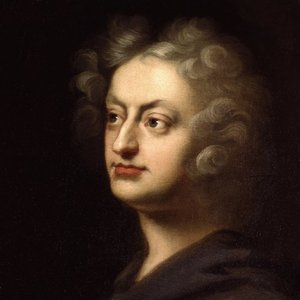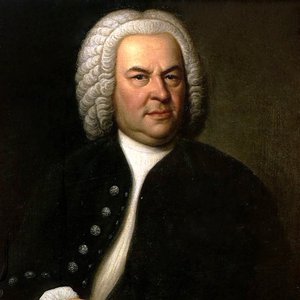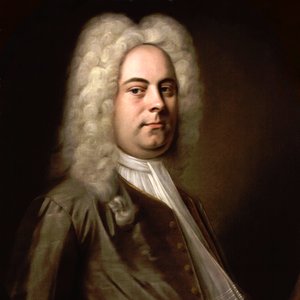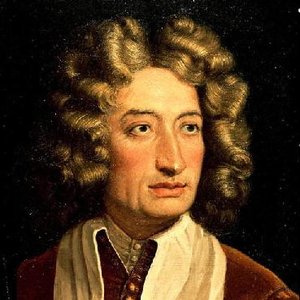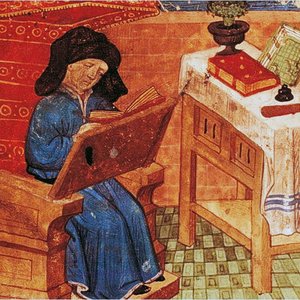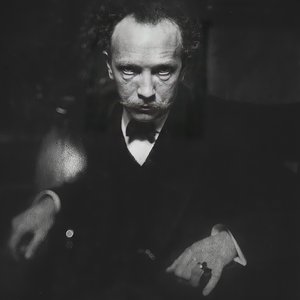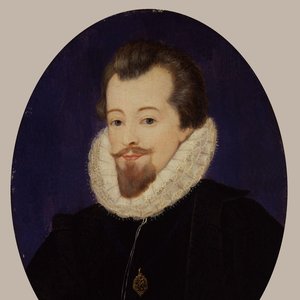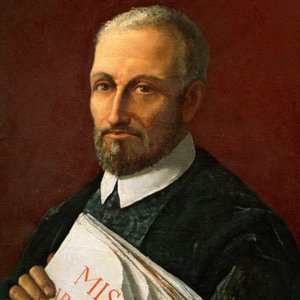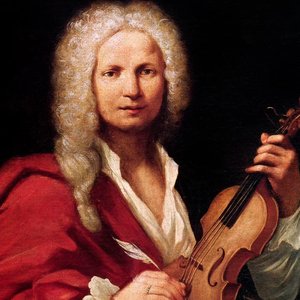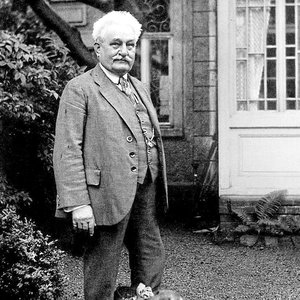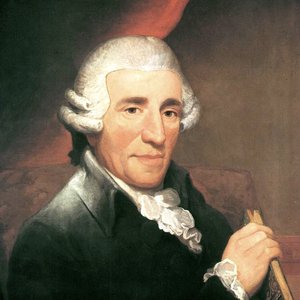Biography
-
Born
15 May 1567
-
Born In
Cremona, Lombardia, Italy
-
Died
29 November 1643 (aged 76)
Claudio Monteverdi (Cremona, May 15, 1567 – Venice, November 29, 1643) was an Italian composer, violinist and singer.
His work marks the transition from Renaissance to Baroque music. During his long life he produced work that can be classified in both categories, and he was one of the most significant revolutionaries that brought about the change in style. Monteverdi wrote the earliest dramatically viable opera, Orfeo, and was fortunate enough to enjoy fame during his lifetime.
Claudio Monteverdi was born in 1567 in Cremona, Lombardy. His father was Baldassare Monteverdi, a doctor, apothecary and amateur surgeon. He was the oldest of five children. During his childhood, he was taught by Marc'Antonio Ingegneri, the maestro di cappella at the Cathedral of Cremona. The Maestro’s job was to conduct important worship services in accordance with the liturgy of the Catholic Church. Monteverdi learned about music by being part of the cathedral choir. He also studied at the University of Cremona. His first music was written for publication, including some motets and sacred madrigals, in 1582 and 1583.
His first five publications were: 'Sacrae cantiunculae', 1582 (a collection of miniature motets); 'Madrigali Spirituali', 1583 (a volume of which only the bass partbook is extant); 'Canzonette a tre voci', 1584 (a collection of three-voice canzonettes); and the five-part madrigals 'Book I', 1587, and 'Book II', 1590. Monteverdi worked for the court of Mantua first as a singer and violist, then as music director. He worked at the court of Vincenzo I of Gonzaga in Mantua as a vocalist and viol player. In 1602, he was working as the court conductor.[
In 1599 Monteverdi married the court singer Claudia Cattaneo, who died in September 1607. They had two sons (Francesco and Massimilino) and a daughter (Leonora). Another daughter died shortly after birth.
By 1613, he had moved to San Marco in Venice where, as conductor, he quickly restored the musical standard of both the choir and the instrumentalists. The musical standard had declined due to the financial mismanagement of his predecessor, Giulio Cesare Martinengo.[ The managers of the basilica were relieved to have such a distinguished musician in charge, as the music had been declining since the death of Giovanni Croce in 1609.
In 1632, he became a priest. During the last years of his life, when he was often ill, he composed his two last masterpieces: 'Il ritorno d'Ulisse in patria' (The Return of Ulysses, 1641), and the historic opera 'L'incoronazione di Poppea' ('The Coronation of Poppea', 1642), based on the life of the Roman emperor Nero. 'L'incoronazione' especially is considered a culminating point of Monteverdi's work. It contains tragic, romantic, and comic scenes (a new development in opera), a more realistic portrayal of the characters, and warmer melodies than previously heard. It requires a smaller orchestra, and has a less prominent role for the choir. For a long period of time, Monteverdi's operas were merely regarded as a historical or musical interest. Since the 1960s, The Coronation of Poppea has re-entered the repertoire of major opera companies worldwide.
Monteverdi died in Venice on 29 November 1643 and was buried at the church of the Frari.
Artist descriptions on Last.fm are editable by everyone. Feel free to contribute!
All user-contributed text on this page is available under the Creative Commons Attribution-ShareAlike License; additional terms may apply.
